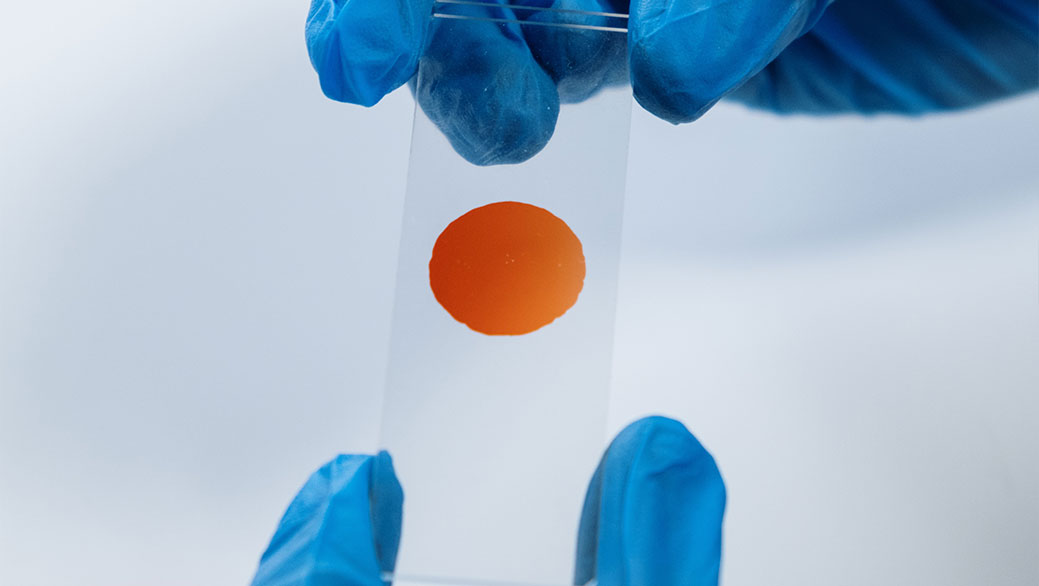Precision Medicine
Precision medicine (also referred to as personalized medicine) defines treatments of diseases and illness based on cures tailored to individual needs. The foundation for individual treatments is related technologies such as DNA sequencing and DNA editing. By providing precision medicine the likelihood of curing diseases as well as the overall effectiveness can be increased. Furthermore, there are implications of the healthcare system such as changing from highly optimized general treatments towards individualized solutions. The goal of personalized healthcare is to shift away from generic disease treatments to deliver individual care for each person.
RECENT DEVELOPMENTS
Personalized healthcare combines other technologies such as big-data, DNA-sequencing, analytics. The cornerstone of personalized healthcare is the sequencing of a patient’s DNA. Decoding DNA and the insights into an organism are the foundational data to define the individual needs of a person in connection with a treatment. On a patient level, personalized healthcare allows for early detection and accurate diagnosis of diseases which is followed by an individualized care. Furthermore, patients are granted with access to optimal and effective care which might not be achived based on generic care.
From an organizational point of view, personalized healthcare demands more interaction between entities (e.g. point of care, hospitals, pharma companies, research institutes, etc.). Hence, traditional boundaries in health care need to be abandoned to give way for an interconnected healthcare system that is capable of harnessing different data-points and go beyond treatment by doctors but also include the development and production of highly individualized drugs.
One concern is genetic privacy and security in connection with precision medicine as a substantial amount of a person’s genome needs to be sequenced and potentially unveiling other genome-based traits and diseases of a person. This potentially could lead to other discriminating aspects such as higher insurance costs.
Access to precision medicine might be limited because of higher initial costs for treatments and limited access to technologies such as DNA sequencing. Based on the development of new and more cost-effective technologies it is possible to enable broader audience to receive precision medicine.
IMPLICATIONS FOR THE HEALTH INDUSTRY
Precision medicine is challenging the status quo of healthcare and its established processes and procedures. In particular the generic treatment of diseases which is base don economies of scale to a large portion is disrupted. Cures and drugs need to be adopted and altered to individual needs which means the production of smaller batches as well as the adoption towards more individualized procedures. This approach challenges all levels and many entities in the healthcare business – from education entities to drug producers.
Also, the development of new drugs might drastically change from general data driven approaches to big-data and individual data driven approaches. In the future it is possibly not enough to have “good effects” across sample groups, but the performance of a cure or particular drug will be tested on the individual level.
Based on precision medicine the quality of the treatment of diseases can be increased by both increasing the effectiveness of cures and cutting down costs of treatments as treatment cycles can be reduced and people stay shorter in treatment.
MICROTRENDS
Locus Biosciences
Developer of a CRISPR-engineered precision antibacterial platform designed to revolutionize the treatment of bacterial disease. The company’s platform combines the antibacterial power of CRISPR-Cas3 with the efficient, safe delivery of bacterial viruses called bacteriophage, enabling physicians to begin treatment quickly, resulting in an efficient medical outcome.

Oncxerna
US-America startup OncXerna develops an RNA expression biomarker panel (TME Panel-1) that is specific to the tumor microenvironment (TME). The solution allows clinical researchers to develop algorithms for effective treatment using RNA signature derived from biomarker panels. The solution aims to match the patient to the treatment rather than generalizing treatments for the whole population.

Precomb
Swiss biotech startup PreComb Therapeutics specializes in in-vitro cancer drug testing to improve cancer cure management. Their technology uses automated microtumor-based profiling and easily integrates with existing on-site equipment in the hospital. The microtumor test technology is fully automated and works as a standalone solution.

AceTech
Israeli startup AceTech provides healthcare professionals with precision medicine software tools for supportive care. RadiaApp provides a customized treatment plan for the management and prevention of radiation dermatitis throughout radiotherapy treatments. OralApp focuses on oral mucositis throughout radiotherapy and chemotherapy treatments. The startup’s solutions allow physicians to provide tailor-made treatments to prevent side effects of common medical treatments.

SOURCES
INFORMATION
PICTURES
Main Picture: unsplash.com
Microtrend 1: pexels.com
Microtrend 2: pexels.com
Microtrend 3: unsplash.com
Microtrend 4: unsplash.com

